Table of Contents
Quality Service Guarantee Or Painting Free

Get a rental agreement with doorstep delivery

Find the BEST deals and get unbelievable DISCOUNTS directly from builders!

5-Star rated painters, premium paints and services at the BEST PRICES!
Loved what you read? Share it with others!
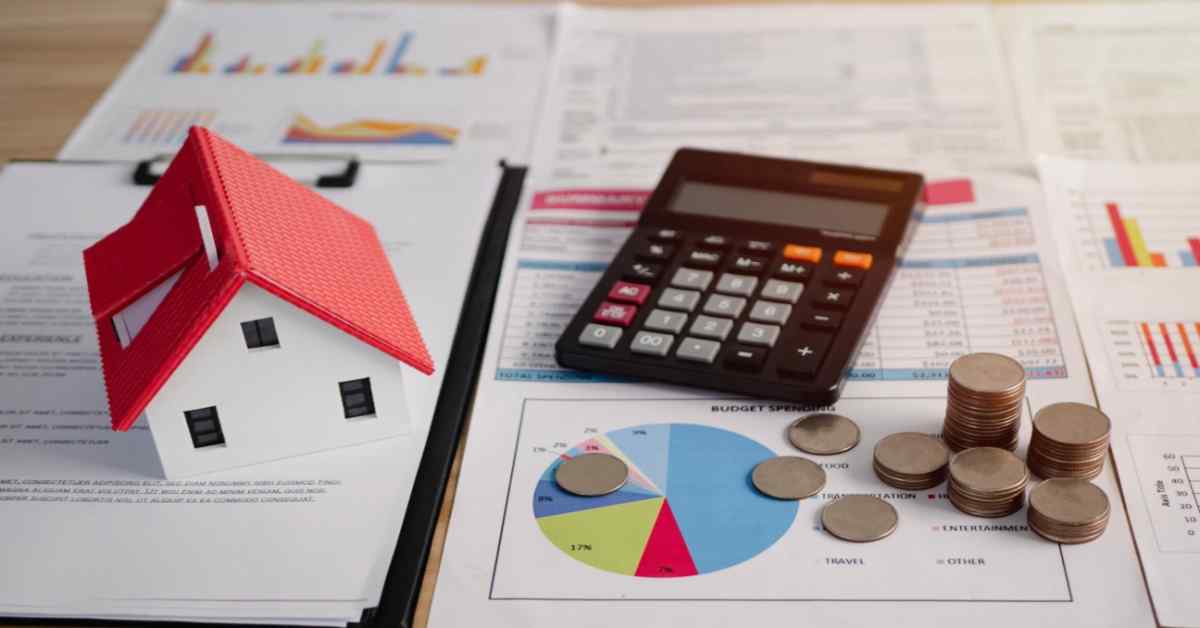
How to Pay SMC Property Tax Online and Offline - Change Name, View Bill and Download Receipt
Table of Contents
SMC Property Tax is the tax collected by the Surat Municipal Corporation from property owners in Surat. It helps fund essential civic services like road maintenance, garbage collection, and street lighting. Property owners must pay it annually to avoid penalties. You can check your dues and make payments online through the official SMC website using your property ID or zone details.
Surat Property Tax - Quick Info 2025
| Information | Details |
| Official Website Link | https://www.suratmunicipal.gov.in/OnlineServices/ |
| Tax Payment due date | March 31, 2025 |
| Rebate | 10% rebate if tax is paid between April 1 to April 31st, and a 7% rebate if it is paid between May 1 to May 31st. |
| Penalty for late payment | 18% |
| Method for Tax Calculation | Unit Area System(UAS) |
| Tax Rates | The tax rate is based on the location, property type, and usage. |
| Payment method | Payment methods include online payment via SMC's official website, credit/debit cards, net banking, UPI, offline payment via demand draft, and cash at counters. |
| Properties for tax payments | Residential, Industrial and commercial lands |
| How to check Status | Visit the SMC Property Tax website and check using the Tenement number |
| Contact Details | Address: Surat Mahanagar Seva SadanGordhandas Chokhawala Marg, Muglisara, Surat - 395003, Gujarat, INDIA Contact Number: +91-261-2423750 to 2423756, +91-261-2422285 to 2422287 |
What is SMC Property Tax?
SMC property tax is a levy imposed by the Surat Municipal Corporation (SMC) on all real estate within the city limits. It's an annual tax that contributes significantly to the city's revenue, used to fund essential public services like:
- Infrastructure development (roads, bridges, streetlights)
- Sanitation and waste management
- Public health services (hospitals, clinics)
- Education (schools, libraries)
Who is Responsible for Paying SMC Property Tax?
In most cases, the legal owner of the property, as per SMC records, is liable to pay the SMC property tax. This applies to:
Quality Service Guarantee Or Painting Free

Get a rental agreement with doorstep delivery

Find the BEST deals and get unbelievable DISCOUNTS directly from builders!

5-Star rated painters, premium paints and services at the BEST PRICES!
- Individual homeowners: Those whose names appear on the property title deed.
- Businesses and organisations: Companies or entities that own commercial property within the city limits.
There can be exceptions in specific situations, such as:
- Leased properties: While the owner remains ultimately responsible, there might be agreements between the owner and tenant regarding who shoulders the tax burden. It's crucial to have a clear written agreement outlining this responsibility.
Payment Options for SMC Property Tax
Surat Municipal Corporation (SMC) offers several convenient ways to pay your property tax:
How to Pay SMC Property Tax Online?
- SMC ePay Service: This is the official online payment portal of SMC. You can access it through the SMC website: https://www.suratmunicipal.gov.in/
- The ePay service allows payment using:
- Credit Card/Debit Card: Visa, Mastercard, and Maestro are some commonly accepted options.
- Internet Banking: You can pay through Internet banking if your bank is listed on the SMC website.
- Wallets: While not explicitly mentioned, some mobile wallets might be integrated with the ePay service.
Steps for SMC Property Tax Online Payment
- Visit the SMC ePay website: You can access it through the SMC website: https://www.suratmunicipal.gov.in/
- Locate the ePay Section: Look for a link or section labelled "ePay", "Online Payment", or similar on the SMC website.
- Select "Check & Pay Property Tax": Within the ePay section, navigate to the option for paying property tax. It might be labelled "Check & Pay Property Tax" or similar.
- Enter Your Tenement Number: In the designated field, enter your unique Tenement Number.
- View Your Bill Details (Optional): Some systems might display your current outstanding balance and bill details after entering the Tenement Number. Review these details for accuracy.
- Choose Your Payment Method: Select your preferred payment method from the available options, such as Credit Card/Debit Card, Net Banking, or Wallet (if available).
- Complete the Payment: Follow the on-screen instructions based on your chosen payment method. This might involve entering your card details, logging into your Internet banking account, or following specific wallet payment instructions.
- Review and Confirm Payment: Double-check all entered information before finalising the payment.
- Download Receipt (Optional): After successful payment, you might be able to download a receipt or get a confirmation email.
How to Pay SMC Property Tax Offline?
- Authorised Banks: You can visit designated branches of banks partnered with SMC to make the payment in person. Cash, cheque, or debit card might be accepted (details might vary by bank).
- Citizen Facilitation Centers (CFCs): These are physical locations set up by SMCs to provide various citizen services, including property tax collection. You can likely pay with cash or cheque at these centres.
What is the process for SMC Property Tax Bill Download?
If you want to download the bill for the property tax payment, then follow the step-by-step process below:
- Visit the official Surat Municipal Corporation website.
- Under the online services tab, click on ‘Property Tax.’
- After clicking on property tax, you will get a dropdown menu. From there, click on the View ‘Bill option. '
- The property Tax Bill information page will appear. Now, fill in the Tenant number and bill year and click on print bill.
- You will get the bill, and now you can download the bill for further use.
How to change the name in SMC Surat Property Tax?
Property owners must follow specific procedures to change the name on their SMC property tax. Below is the step-by-step process to make you understand it better:
- Visit the official website of SMC, and under online services, click on the Property tax tab
- After clicking on the property tax, choose the ‘Name Transfer Application’ from the dropdown menu
- Fill in the required details like property ID, property owner name, address and the new name to be entered
- Property owners can also visit the local ward office and collect the ‘Name Change Application Form.’
Documents required for name change
- Proof of ownership of property
- Latest receipt of tax paid
- Identity proof
- No Objection Certificate (NOC), if required
What is the Tax Rate and Slabs for SMC Property Tax 2025?
In the table below, you can check the different types of property, their tax rate and the slab they fall:
| Type of Property | Tax Rate | Annual Rental Value (ARV) Slab |
| Residential Property | 3% of ARV | Up to ₹5000 |
| 5% of ARV | ₹5,001 – ₹20,000 | |
| 7% of ARV | Above ₹20,000 | |
| Commercial Property | 4% of ARV | ₹Up to 5000 |
| 8% of ARV | ₹5,001 – ₹20,000 | |
| 12% of ARV | Above ₹20,000 | |
| Industrial Property | 5% of ARV | Up to ₹10,000 |
| 10% of ARV | ₹10,000-₹50,000 | |
| 15% of ARV | Abobe ₹50,000 | |
| Vacant Land | 0.10 per square metre | Fixed Rate |
Factors Affecting SMC Property Tax
The amount you pay for the SMC property tax bill is determined by several factors that influence the overall value of your property in the eyes of the corporation.
Here's a breakdown of some key elements:
- Location: Properties situated in prime locations with better amenities and infrastructure typically have higher tax rates compared to those in less developed areas.
- Construction Year: Newer properties generally have a higher tax assessment compared to older ones, reflecting depreciation over time.
- Property Type: Residential properties typically have different tax rates compared to commercial or industrial properties.
- Usage: Owner-occupied properties may have different tax rates compared to those rented out or used for commercial purposes.
How to Calculate Your SMC Property Tax?
SMC property tax calculation might involve more factors than this example, but here's a simplified breakdown to give you an idea:
Disclaimer: This is a hypothetical example. SMC property tax bill payment calculation might involve more factors.
Factors Affecting SMC Property Tax
- Built-up Area: This is the total floor area of your property.
- Rate per Square Metre: The tax rate applicable to your property category and location.
- Base Tax: A fixed amount levied by SMC, if applicable.
Example Calculation
Let's assume:
- Built-up area = 1000 square metres
- Rate per square metre = ₹10 (hypothetical rate)
- Base Tax = ₹500 (hypothetical base tax)
Formula
Estimated Property Tax = Built-up Area × Rate per sq metre + Base Tax
Calculation
Estimated Property Tax = 1000 sq metre × ₹10/sq metre + ₹500 = ₹10500
Important Note
- This is a simplified example. The actual rate per square metre will vary depending on your property location and category (residential, commercial, etc.).
- There might be additional factors considered by SMC, such as the age of the property, floor level, and exemptions/rebates. For the most accurate calculation, it's best to refer to official SMC resources.
Exemptions & Rebates for SMC Property Tax
Surat Municipal Corporation (SMC) offers a few exemptions and rebates on property tax to incentivise timely payments and provide relief to certain categories.
Here's a breakdown of exemptions and rebates for SMC property tax:
Exemptions
- Lands and Buildings Solely Used for Disposal of Dead: This applies to properties used exclusively for cemeteries or cremation grounds.
Rebates
- Advance Payment Rebate:
- 10% Rebate: Applicable for payments made between April 1st and April 30th of the financial year.
- 7% Rebate: Applicable for payments made between May 1st and May 31st of the financial year.
- Important Note: The rebate might require prior approval from the competent authority.
- Senior Citizen Rebate (10%): Applicable on the general tax portion of the property tax bill for senior citizens.
Benefits of Paying Your SMC Property Tax
Paying your Surat Municipal Corporation (SMC) property tax on time comes with several benefits, both for you and the community. Here are some key advantages:
Individual Benefits
- Avoid Late Payment Penalties: As mentioned earlier, there's a significant 18% penalty for late payments. Paying on time saves you money.
- Discounts and Rebates: SMC offers rebates for early payments (up to 10%) and senior citizens (10% on the general tax portion).
- Proof of Ownership: Paid property tax receipts can serve as valuable documentation proving your property ownership in case of disputes.
- Loan Eligibility: Unpaid property tax can create hurdles when applying for home loans or other loans that require property ownership verification.
Community Benefits
- Funding for Local Services: Property tax is a major source of revenue for SMC. This revenue is used to fund essential services like:
- Public infrastructure: This includes road maintenance, construction, drainage systems, parks, and public buildings.
- Public services: This encompasses police and fire departments, sanitation services, and public transportation.
- Social programs: Property tax can also contribute to funding social programs like libraries, community centres, and healthcare initiatives.
- Improved Quality of Life: By funding these services and infrastructure projects, timely payment of property tax contributes to a better quality of life for everyone in Surat.
Explore Property Tax Payment Options City-Wise in India
How NoBroker Can Help with Expert Legal Services?
SMC property tax plays a vital role in Surat's development. Timely payment ensures access to essential services, infrastructure improvements, and social programs. By fulfilling your SMC property tax obligations, you contribute to a better quality of life for yourself and the entire community. Still, struggling with paying your SMC property tax on time? With NoBroker Pay you can simplify the payment process. Seamlessly pay your SMC property tax online through our secure platform – saving you time and ensuring on-time payments to avoid penalties. Visit NoBroker Pay today to experience a hassle-free way to manage your SMC property tax dues. Download the app today!
Frequently Asked Questions
Ans: Your SMC property tax bill will detail the amount you owe for the year, based on factors like built-up area, property type, and applicable rates. It might also include information on any exemptions or rebates you qualify for.
Ans: Visit the SMC Online Property Tax Information page: https://www.suratmunicipal.gov.in/OnlineServices/PropertyTax/Enroll/. Enter your Tenement Number (found on your bill) to view your current outstanding balance and download a copy of your bill.
Ans: Yes, SMC offers a convenient online payment option through their ePay service. You can access it through the SMC website: https://www.suratmunicipal.gov.in/. The ePay service accepts payments via credit/debit cards, internet banking (if your bank is listed), and potentially some wallets.
Ans: While the exact deadline isn't explicitly mentioned on the SMC website, there might be penalties for late payments. It's best to contact SMC directly or check your property tax bill for the most up-to-date information on deadlines and late payment penalties.
Ans: Besides online payment, you can pay through authorised banks or Citizen Facilitation Centers (CFCs) operated by SMCs. These options might accept cash, cheque, or debit cards (details may vary by location).
Recommended Reading
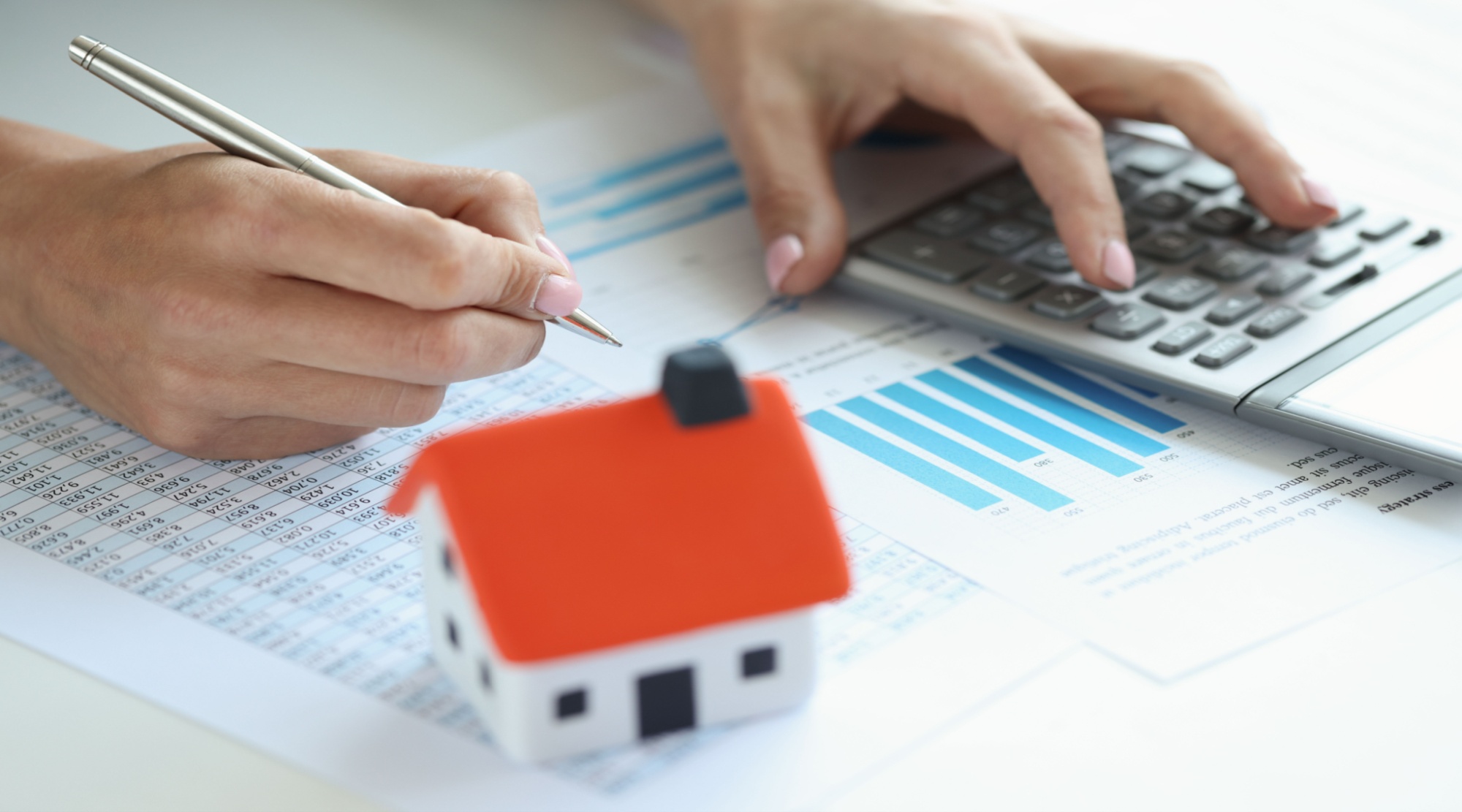
Nagpur Property Tax: Online Bill Payment, Receipt Download and Tax Calculator in 2025
March 28, 2025
60128+ views

GHMC Property Tax Hyderabad: Payment, Rebates, Tax Calculations and Rates for 2025
March 25, 2025
48125+ views

MCGM Property Tax 2025 - How to Pay BMC Mumbai Property Tax Online
January 31, 2025
42995+ views
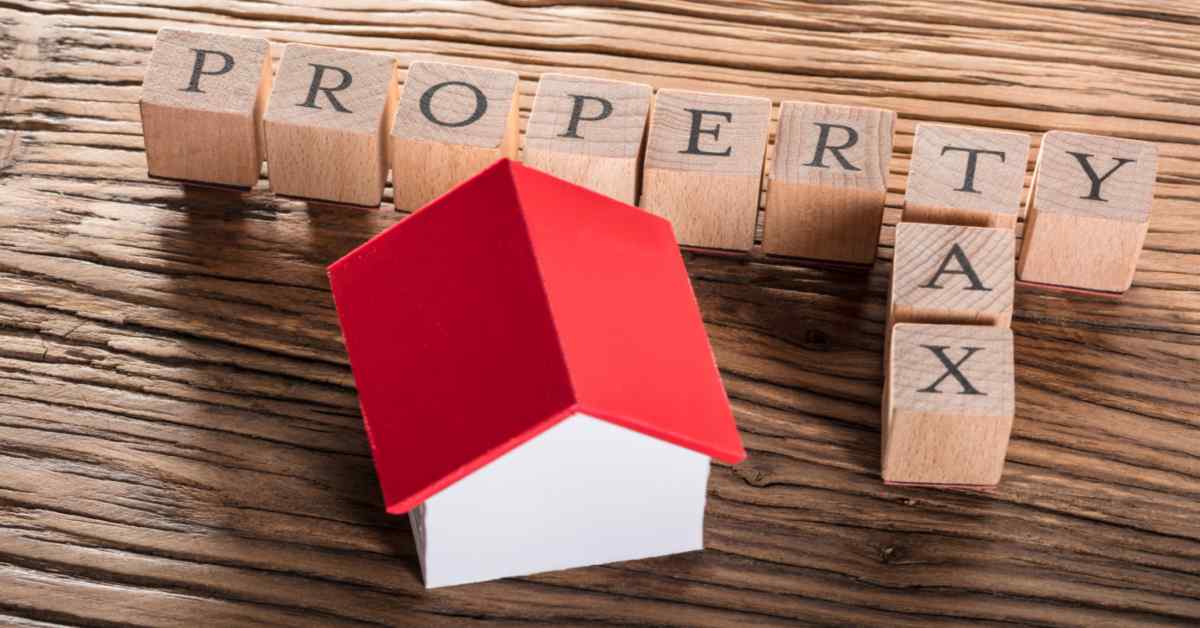
BDA Property Tax Bangalore: Online Payment, Receipt Download, Rebates, and Rates for 2025
March 25, 2025
38901+ views
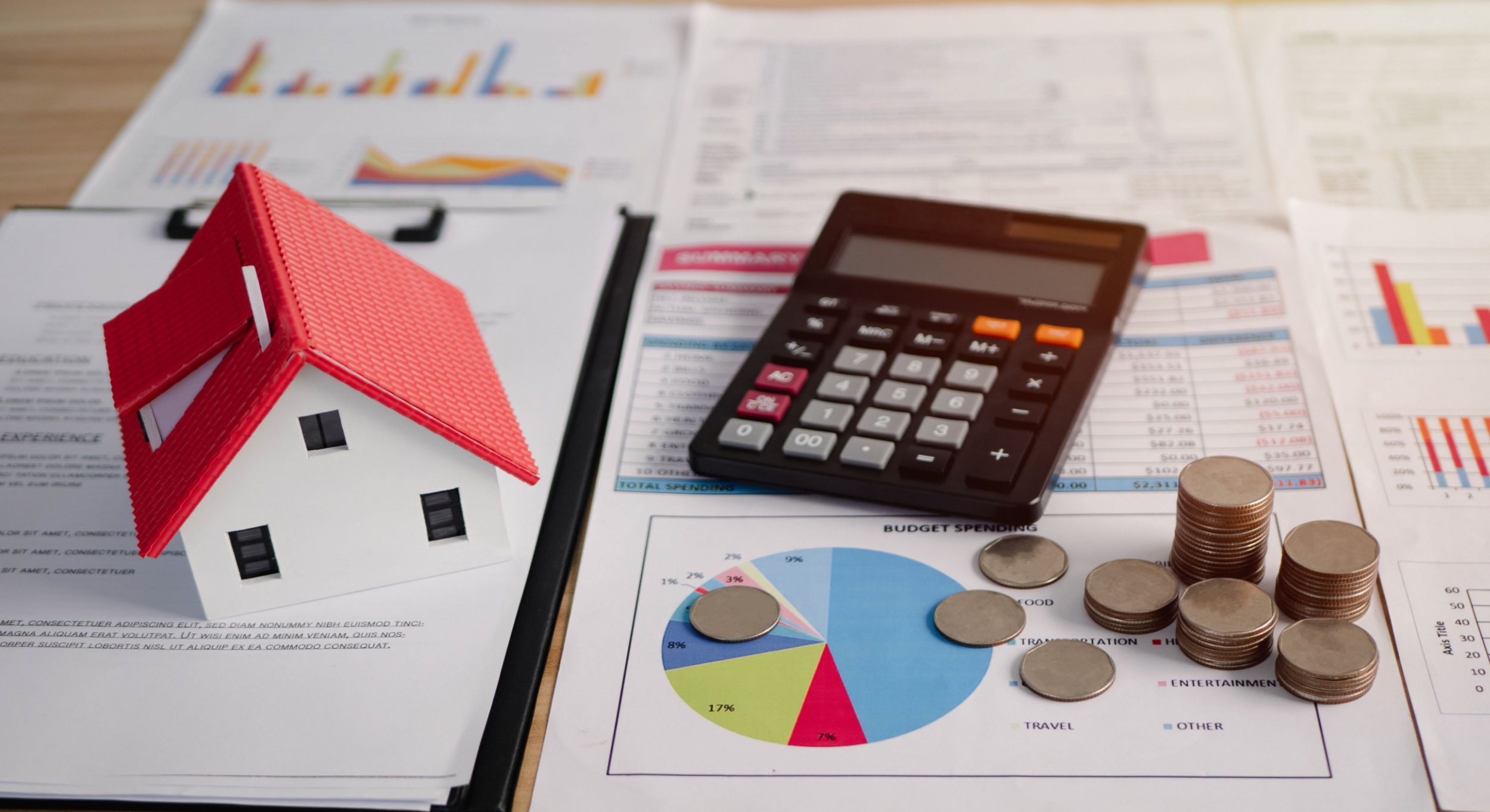
How to Pay Your Kulgaon Badlapur Property Tax Online: Tax Rebates, Rates and Calculations for 2025
March 26, 2025
33211+ views
Loved what you read? Share it with others!
Most Viewed Articles

Franking Charges Explained: Meaning and Benefits
January 31, 2025
1115274+ views

Society Maintenance Charges : Meaning, Cost, Types and Calculation
January 31, 2025
192876+ views

BBMP E-Khata Registration process for property owners in Bangalore, Karnataka in 2025
March 19, 2025
145603+ views

Daughter's Right in Fathers' Property - the Law is Finally Equal for both Genders?
June 1, 2025
131940+ views
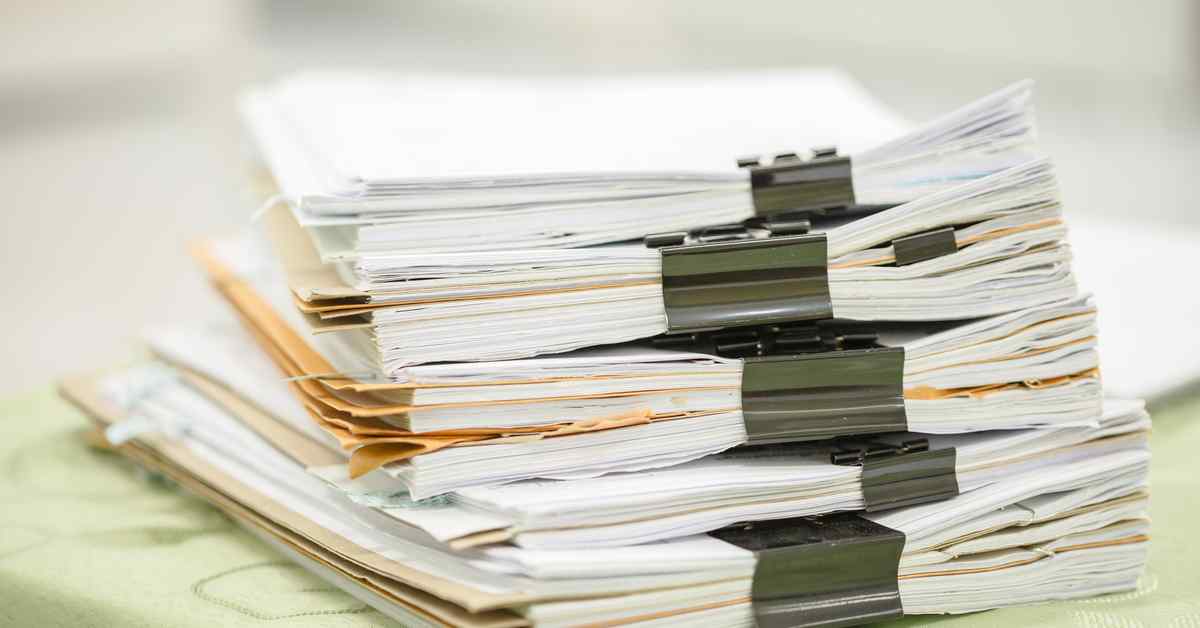
Rectification Deed Format and Process in India 2025
June 1, 2025
127498+ views
Recent blogs in
How To Register a Rent Agreement Online In Gujarat: Process, Documents and Fees in 2026
January 19, 2026 by Ananth
What is Registered Lease Agreement: Meaning, Legal Validity, Benefits and Online Registration
January 19, 2026 by Krishnanunni H M
What Is a Room Rental Agreement: Meaning, Purpose and Importance in 2026
January 12, 2026 by Kruthi









 Full RM + FRM support
Full RM + FRM support
Join the conversation!